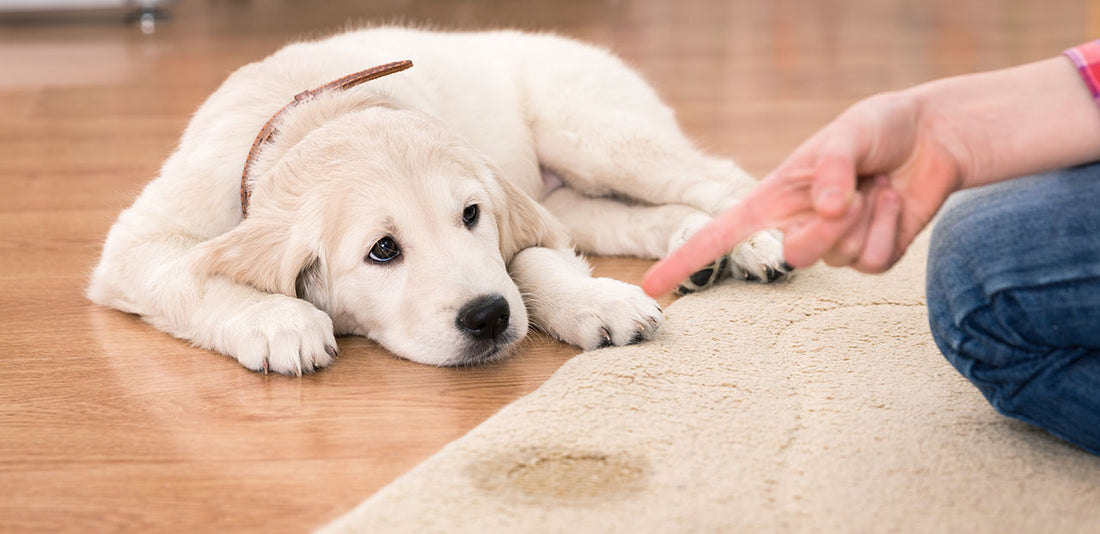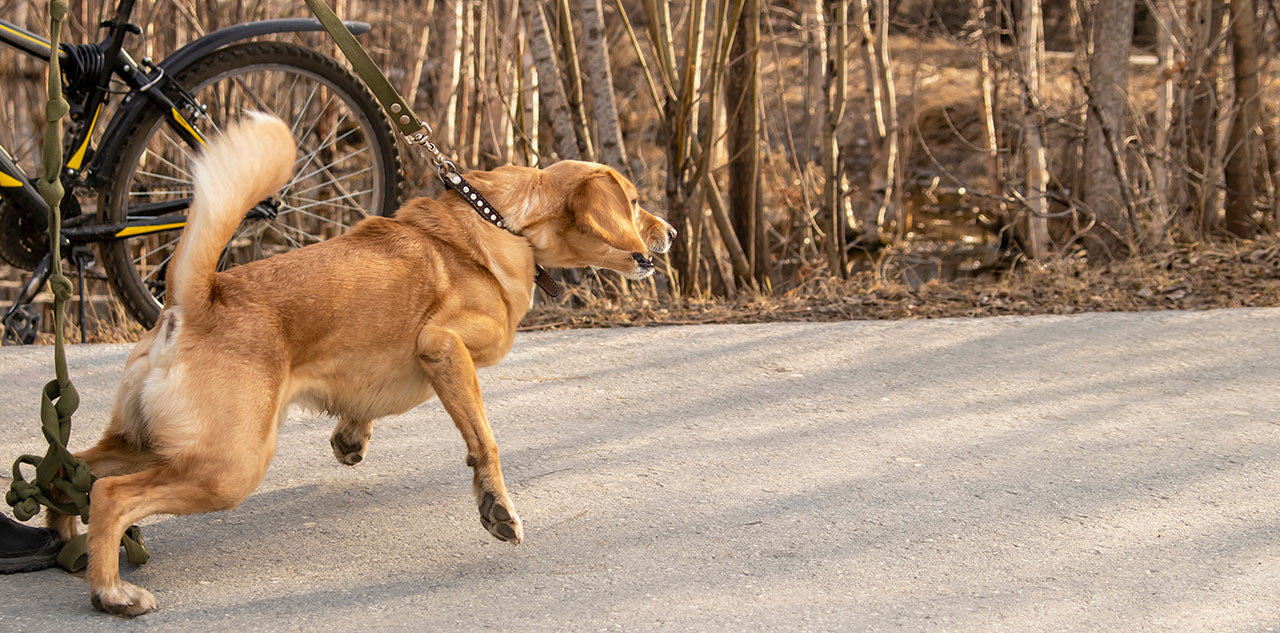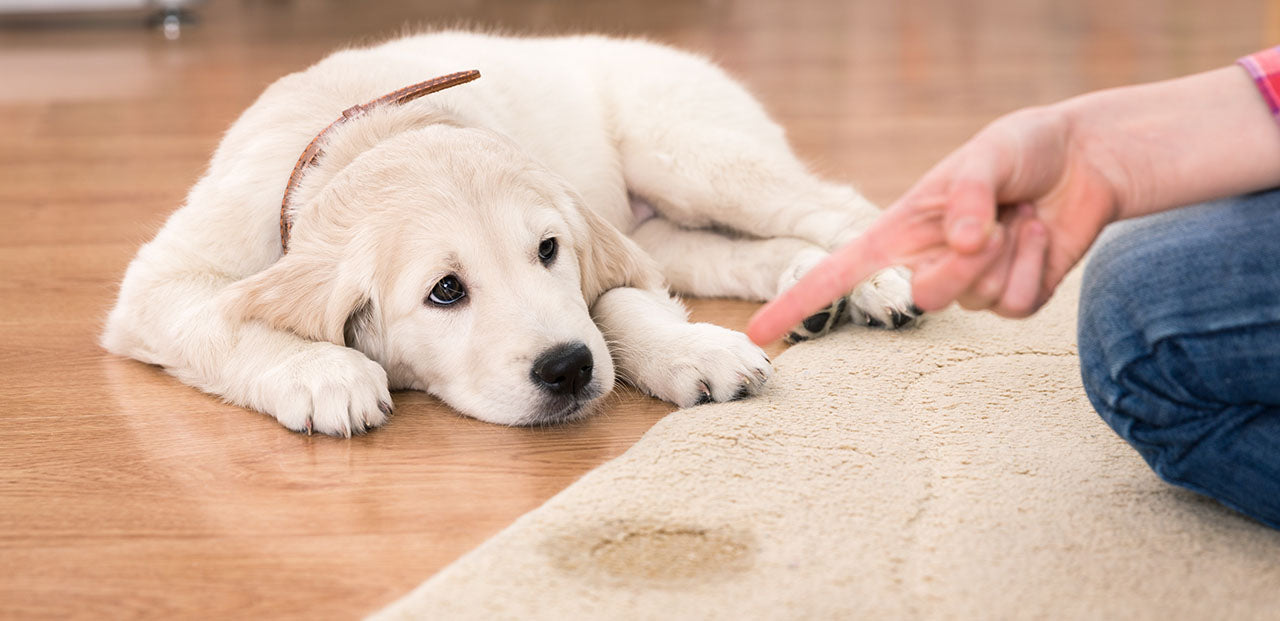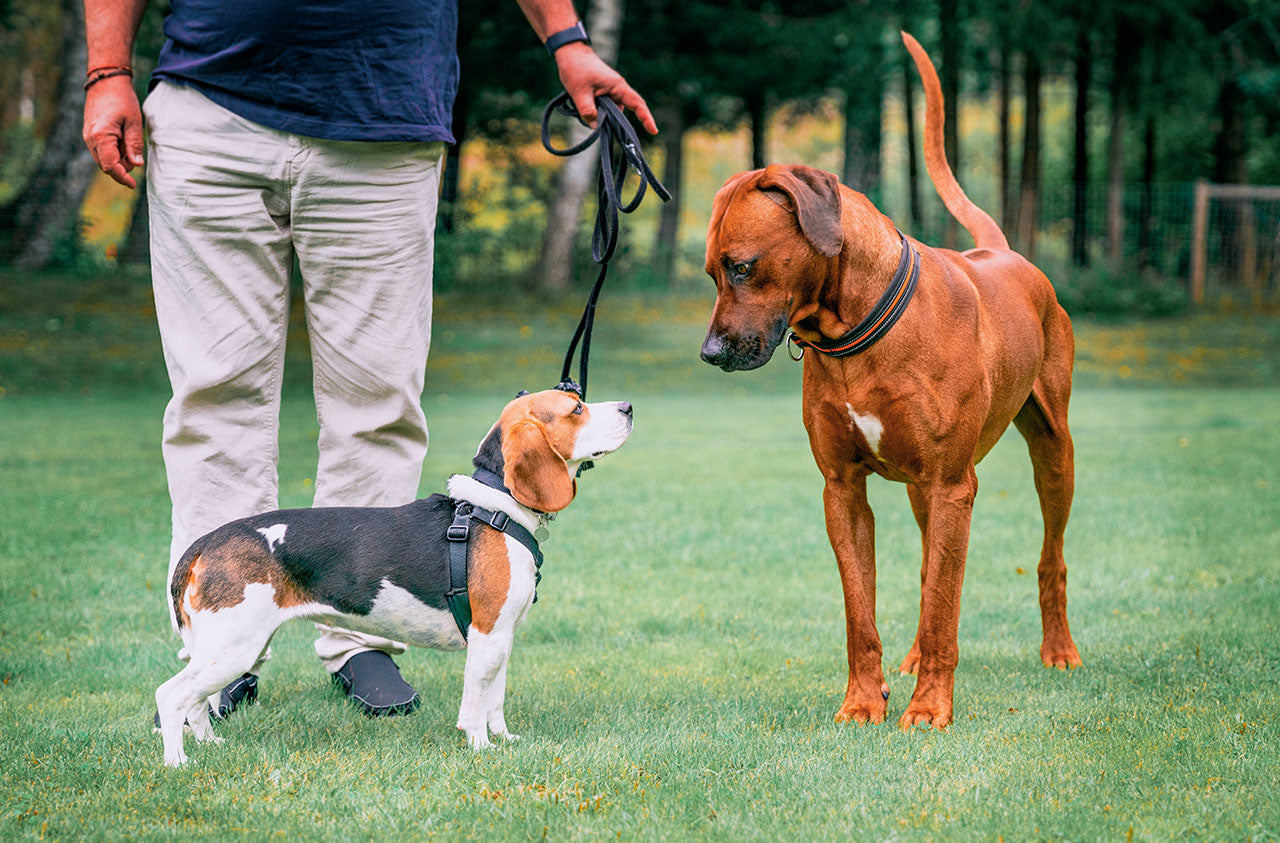House training is one of the fundamental challenges and important milestones in dog training. A patient and consistent approach is the key to successfully house training your dog and teaching him good manners. This article will guide you through the basics of house training and give you valuable tips on training your four-legged companion.
Creating the basis for house training
House training is best started as soon as the dog arrives at his new home. Young puppies cannot hold it for long, so frequent toilet breaks are necessary. Reward your dog every time he does his business in the desired place.
Recognizing when your dog needs to go
There are certain signs that indicate that a dog needs to go: restless running around, sniffing or circling are typical signs. Pay attention to these Mustermann001 and then take your dog outside quickly.
Establish feeding and walking routines
Fixed feeding times and regular walking routines help regulate digestion and make house training easier. Keep the times for eating and going to the toilet consistent to give your dog a routine.
Accidents are part of it
Accidents happen, especially with young puppies. It's important to remain patient and not punish the dog. Clean the area thoroughly to eliminate any odors that could entice the dog to do his business there again.
Parenting Tips for Everyday Life
Training goes beyond house training. Set firm rules and be consistent in enforcing them. Short, positive training sessions for basic commands such as "sit," "down," and "come" build good communication and behavioral structure.
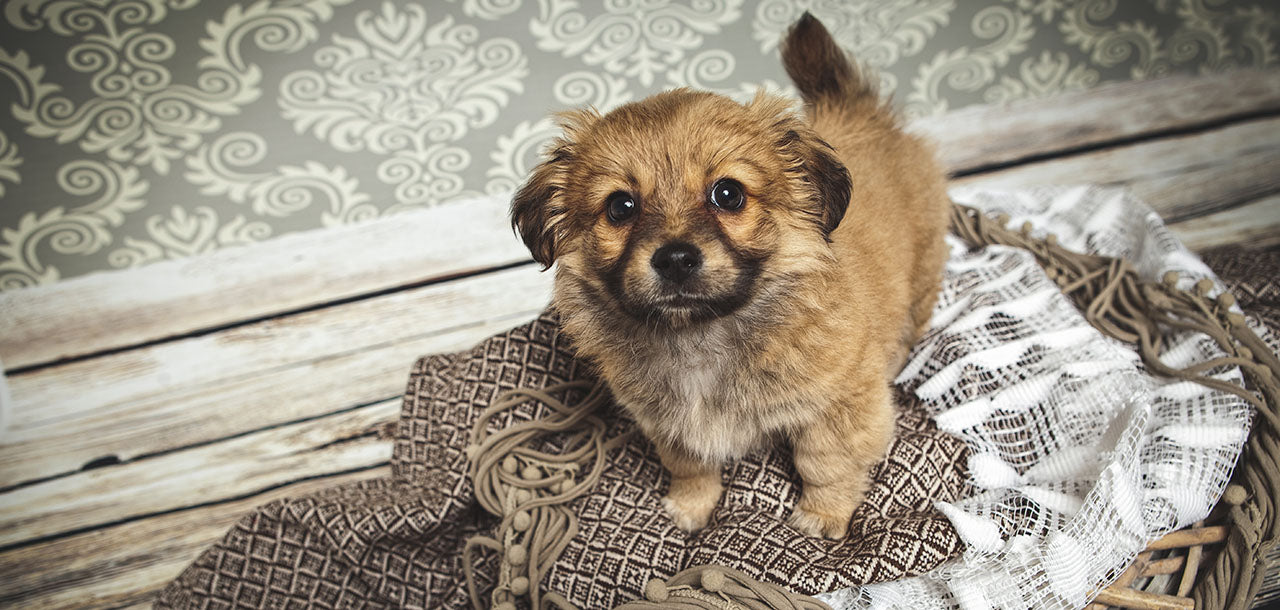
Correcting behavior and positive reinforcement
Protective behavior should be corrected immediately so that the dog learns what is allowed and what is not. Use praise and treats to encourage positive behavior and build a strong bond with your dog.
The Importance of Patience and Consistency
Training and house training takes time. Reward progress, be patient when things go wrong and stick to your training plan consistently.
Conclusion: A loving and persistent approach leads to the goal
- House training requires patience, consistency and positive reinforcement.
- Pay attention to the signs that your dog needs to go and react immediately.
- Establish consistent routines for eating and walking to encourage house training.
- View accidents as part of the learning process and avoid punishment.
- Consistency in everyday training contributes to a well-behaved dog.
- Reinforce desired behavior through rewards and positive feedback.
- Patience and consistency are essential for parenting success.
Whether you are house training your puppy or teaching an adult dog new behaviors, alphazoo supports you every step of the way. Get advice from our experts to optimize the development and coexistence with your dog.





